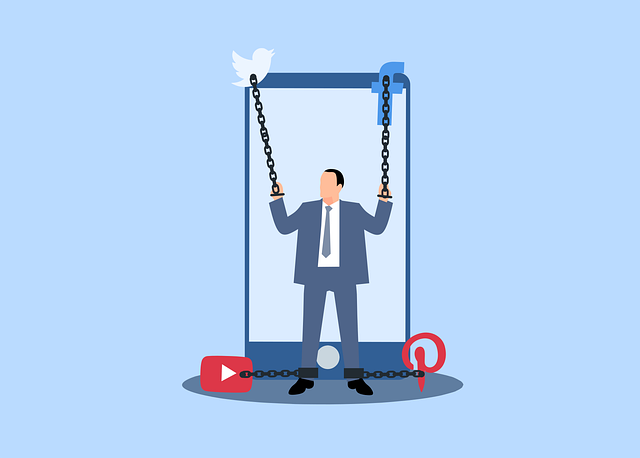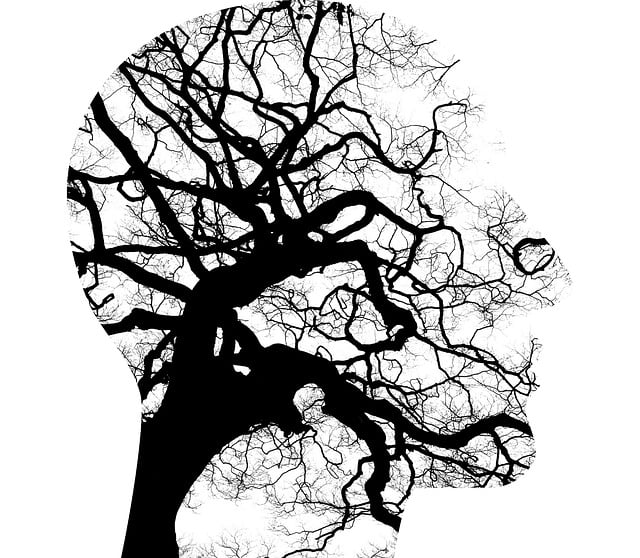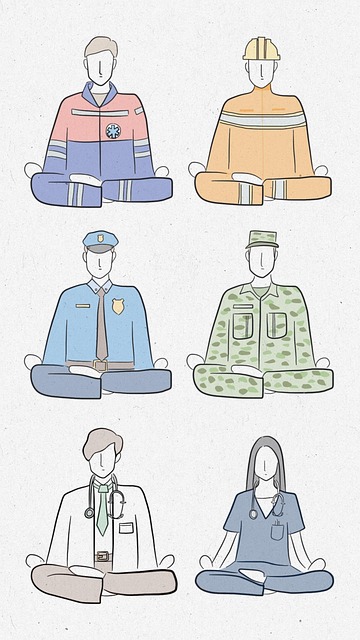Lone Tree Biofeedback Therapy offers a holistic approach to managing anxiety by teaching individuals to regulate physiological responses using real-time biofeedback data. This method combines empathy, self-awareness exercises, and mindfulness practices to enhance emotional intelligence, improve stress management, and achieve lasting anxiety relief. By integrating lifestyle changes, community support, and mental health awareness, Lone Tree Biofeedback Therapy empowers clients to take control of their well-being for a more balanced and serene life.
Anxiety is a common challenge, but effective management techniques can empower individuals to regain control. This comprehensive guide explores various strategies to combat anxiety, focusing on the transformative potential of Lone Tree Biofeedback Therapy. We delve into understanding anxiety’s root causes and its impact on daily life, offering practical tips for immediate relief. Additionally, discover lifestyle changes and long-term strategies, including biofeedback techniques, to foster resilience and promote a calmer mind.
- Understanding Anxiety and Its Impact
- The Role of Lone Tree Biofeedback Therapy
- Practical Techniques for Daily Management
- Lifestyle Changes and Long-Term Strategies
Understanding Anxiety and Its Impact

Anxiety is a natural response to stress, but when it becomes overwhelming and persistent, it can significantly impact daily life. Understanding anxiety involves recognizing its various manifestations—from physical symptoms like increased heart rate and tension to emotional states such as worry and fear. This condition often manifests as generalized anxiety disorder, panic attacks, or specific phobias, affecting one’s ability to concentrate, sleep, and engage in everyday activities. The impact of anxiety can be profound, leading to avoidance behaviors, strained relationships, and even physical health issues if left unaddressed.
Lone Tree Biofeedback Therapy offers a unique approach to managing anxiety by empowering individuals with self-regulation skills. By focusing on physiological responses, this therapy helps clients gain emotional intelligence, enabling them to recognize and control the body’s reactions to stressful situations. Through biofeedback training, one can learn to manage stress effectively, leading to improved anxiety relief and enhanced overall well-being. Effective stress management is a crucial step towards reclaiming control over one’s life and fostering resilience in the face of anxiety.
The Role of Lone Tree Biofeedback Therapy

Lone Tree Biofeedback Therapy offers a unique and effective approach to managing anxiety by focusing on the connection between our minds and bodies. Through this therapy, individuals learn to recognize and control their physiological responses to stress, which is a key aspect of anxiety disorders. By providing real-time data on various bodily functions, biofeedback equipment empowers clients to make conscious adjustments, leading to significant stress reduction and improved emotional well-being.
This method goes beyond traditional talk therapy by integrating empathy-building strategies into the process. The therapist guides the individual through exercises that enhance self-awareness and foster a deeper understanding of their anxiety triggers. With regular practice, Lone Tree Biofeedback Therapy not only helps in managing existing symptoms but also equips individuals with valuable tools for long-term stress management and emotional resilience.
Practical Techniques for Daily Management

In the daily battle against anxiety, individuals often seek practical and effective techniques to manage their symptoms. One emerging and promising method gaining traction is Lone Tree Biofeedback Therapy. This innovative approach leverages cutting-edge technology to teach individuals how to regulate their physiological responses, offering a powerful tool for anxiety relief. By focusing on mind over matter principles, biofeedback therapy empowers people to gain control of their bodies’ reactions to stressful situations.
Through regular sessions with specialized equipment, Lone Tree Biofeedback Therapy enables users to visualize and understand their bodily functions in real-time. This awareness is pivotal in learning to activate relaxation responses, thereby reducing anxiety symptoms. The confidence-boosting aspect of this technique lies in its ability to equip individuals with skills to manage their stress levels independently, fostering a sense of self-reliance and empowerment.
Lifestyle Changes and Long-Term Strategies

Anxiety management techniques go beyond quick fixes; they involve embracing long-term strategies for lasting calm. Lifestyle changes play a pivotal role in this journey. Regular exercise, adequate sleep, and a balanced diet not only improve overall health but also enhance resilience to stress. Incorporating mindfulness practices like meditation or yoga can help individuals cultivate inner strength and develop a greater sense of self-control. These practices, supported by Lone Tree Biofeedback Therapy, teach the body to recognize and respond to anxiety in healthier ways.
Mental health awareness is crucial in this process. By understanding their triggers and patterns, individuals can begin to unlearn harmful coping mechanisms and replace them with positive behaviors. This, coupled with support from communities focused on mental illness stigma reduction efforts, fosters an environment where open discussions about anxiety are encouraged. Ultimately, these strategies aim to empower individuals to take control of their mental well-being and cultivate a more balanced and serene life.
Anxiety management is a holistic process that involves understanding, practical techniques, lifestyle changes, and long-term strategies. While Lone Tree Biofeedback Therapy offers a unique approach to managing anxiety symptoms, it’s essential to combine these methods for lasting results. By integrating daily practices with lifestyle adjustments, individuals can effectively navigate and overcome anxiety, leading to improved overall well-being. Remember, managing anxiety is a personal journey, and finding the right balance of techniques tailored to individual needs is key.








